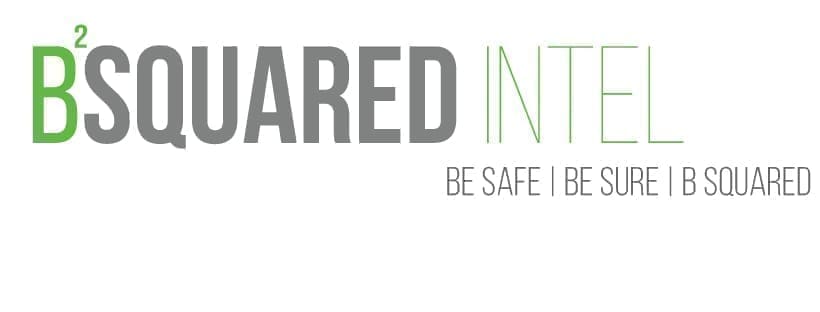Recently, with clients, VPNs keep popping up in conversation, so we thought now is a good time to talk about what they are and things to look for when considering using them.
VPN stands for Virtual Private Network and, at a very high level, it creates a secure connection over the internet for your device to another network.
If you want to visualize it think of two buildings with a glass walkway between them. Any onlooker can see who is passing along the walkway. Maybe they can even see what the people are carrying with them. This is what things look like without a VPN. Now imagine replacing the glass walkway with a solid brick tunnel. An onlooker can’t see who is walking to what building or what they are carrying with them. This is, basically what a VPN is doing. It’s preventing people and other entities from seeing your network activity.
The reasons why people use a VPN are varied. Some of the more common ones are:
- Connecting to public WiFi networks, such as coffee shops, hotels, or airports.
- To conduct transactions securely such as online banking and bill payment.
- Privacy and security for browsing the web, transferring files, etc.
While VPNs are good to use, there some things to consider before you sign up a service:
- Make sure the service doesn’t log anything. Avoid services that log your IP address (It identifies “who” you are), websites you browse to, or services you use, for example. Take a look at the providers Terms Of Service and Privacy policy to see what data they collect.
- You want to make sure they use strong encryption that is open to the public for review. If they use anything that is proprietary or closed, avoid this provider at all cost. It is unknown how secure something proprietary is and if there are any back doors. Look for a vendor that, at a minimum, uses AES (Advanced Encryption Standard) 256 as their encryption algorithm.
- Find out how often they update their product.
- Avoid connecting to VPN servers that are located in countries that have oppressive or corrupt governments. These governments may force the VPN provider to weaken their encryption, or give up encryption keys, in order to do business in their country. This allows that government the opportunity to surveil the VPN users.
To help with your selection of a VPN, the following resource is useful https://thatoneprivacysite.net/vpn-comparison-chart/
Newsworthy regarding encryption is the passage of Australia’s Assistance and Access bill that has the potential to impact everyone globally. Until things shake out, we would recommend avoiding VPN providers in Australia or connecting to VPN servers hosted there.
Hope this helps.
If you have any questions , or need our assistance, contact us.

